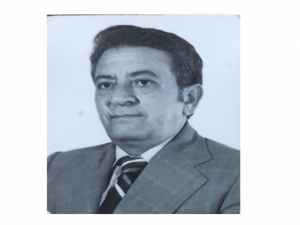
Pedro Guelmes Gonzalez, a Rebel Army commander who joined the struggle against the tyranny of Fulgencio Batista at a very young age, first in the 26th of July Movement in Camagüey and later in the 2nd Frank País Eastern Front, passed away in Havana at the age of 91 on November 30. He served as Minister of Communications from 1973-1985.
As a tribute, I share excerpts of the testimony he offered me for a book in preparation, where he describes his experiences during his time as a communications sector manager:
In December 1972, Army General Raúl Castro, in the presence of Fidel and Salvador Allende, President of Chile, informed me that it had been decided that I would take over as Minister of Communications, replacing Jesús Montané Oropesa, who would go on to work as assistant to the Commander in Chief.
Immediately, Fidel told me to move forward in the expansion of television signal reception in the country, in the development of postal communications, in the modernization and extension of the telecommunications system to rural areas, bringing these services to places that in capitalism would not even have dreamed of having them, proof of his concern and interest in the people.
Fidel was very interested from the beginning in the planning, projection and execution of the coaxial cable project and foresaw the possibilities of this investment in terms of security and quality of communications in the country. In November 1984, on the occasion of a hurricane passing through several provinces, he asked me: "Why is it that in Havana I cannot talk on the phone with anyone and with other provinces I can?" I answered him: because we already have the coaxial cable installed, Commander, and he immediately told me: "what a good investment you made."
In the accounts rendered by the Ministry of Communications to the National Assembly of People's Power in December 1983, Fidel went in depth on the situation of telephony at that time, he said that he considered that the expansion of telephone services was fair and that perhaps a greater expansion of the public telephone network could compensate in part for the fact that not every family could have one, that at least in every multi-family building that was built there should be one or two telephones. He reiterated that it was necessary to see how much should be invested in the need for communications.
He pointed out that in other Latin American countries investments in the communications sector had an exclusively economic purpose and were concentrated in the big cities, unlike in our country, where they were also aimed at solving social problems and rural development.
Fidel was very demanding and practiced criticism with great clarity in the face of deficiencies, lack of rigor and subjective problems; but at the same time with an insurmountable modesty he gave you encouragement and knew how to recognize when there was a result in the work.
His broad political, general and integral culture plus his gifts as a communicator influenced the cadres who had the opportunity to share with him multiple battles and complex tasks. I will never forget Fidel's lectures in the cancellations of stamps commemorating historical events and in those dedicated to outstanding combatants and cultural personalities.
Starting in 1982, I had the opportunity to have several conversations with Fidel about the technological response we could give to the transmission of the misnamed Radio Marti, which the Yankee government had been preparing.The Comandante's questions and ideas were pouring in, and so we were able to present a proposal which he approved.
Nine stations were purchased with a power ranging between 10-150 kw and two other high power transmitters with their respective antennas, which were installed in several provinces of the country to jam the anti-Cuban signal.
I remember that in August 1982 the engineers of the Ministry of Communications convinced me to test one of those 75 kw transmitters on the 1160 khz frequency, located in Havana. They told me the transmission was only going to last 4 seconds, but in reality it lasted 10 seconds and was picked up in the United States.
These broadcasts were reflected in the U.S. press, were described as a "warning shot from Castro" and gave rise to a notable increase in lobbying by U.S. broadcasters to stop or modify in some way the Radio Martí project.
The following day Fidel sent for me, he gave me a very strong criticism for not having consulted him on that broadcast, he told me: "don't do it anymore." Then he put his hand on my shoulder and added: "you did very well."





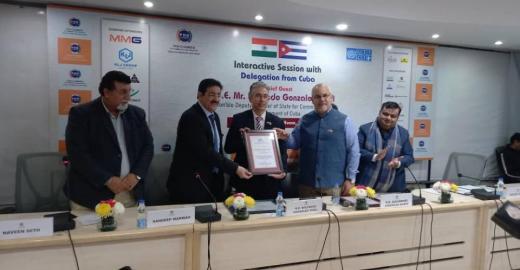

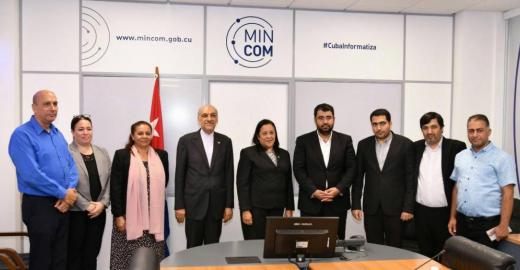





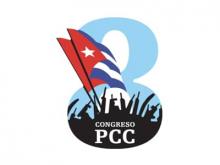
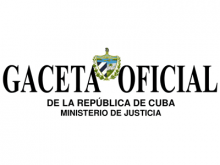
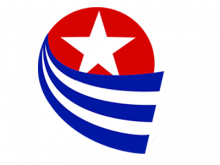
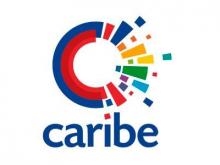
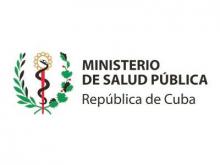

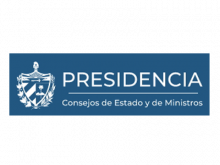


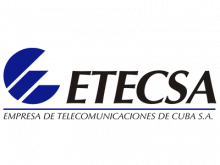
Publicar nuevo comentario